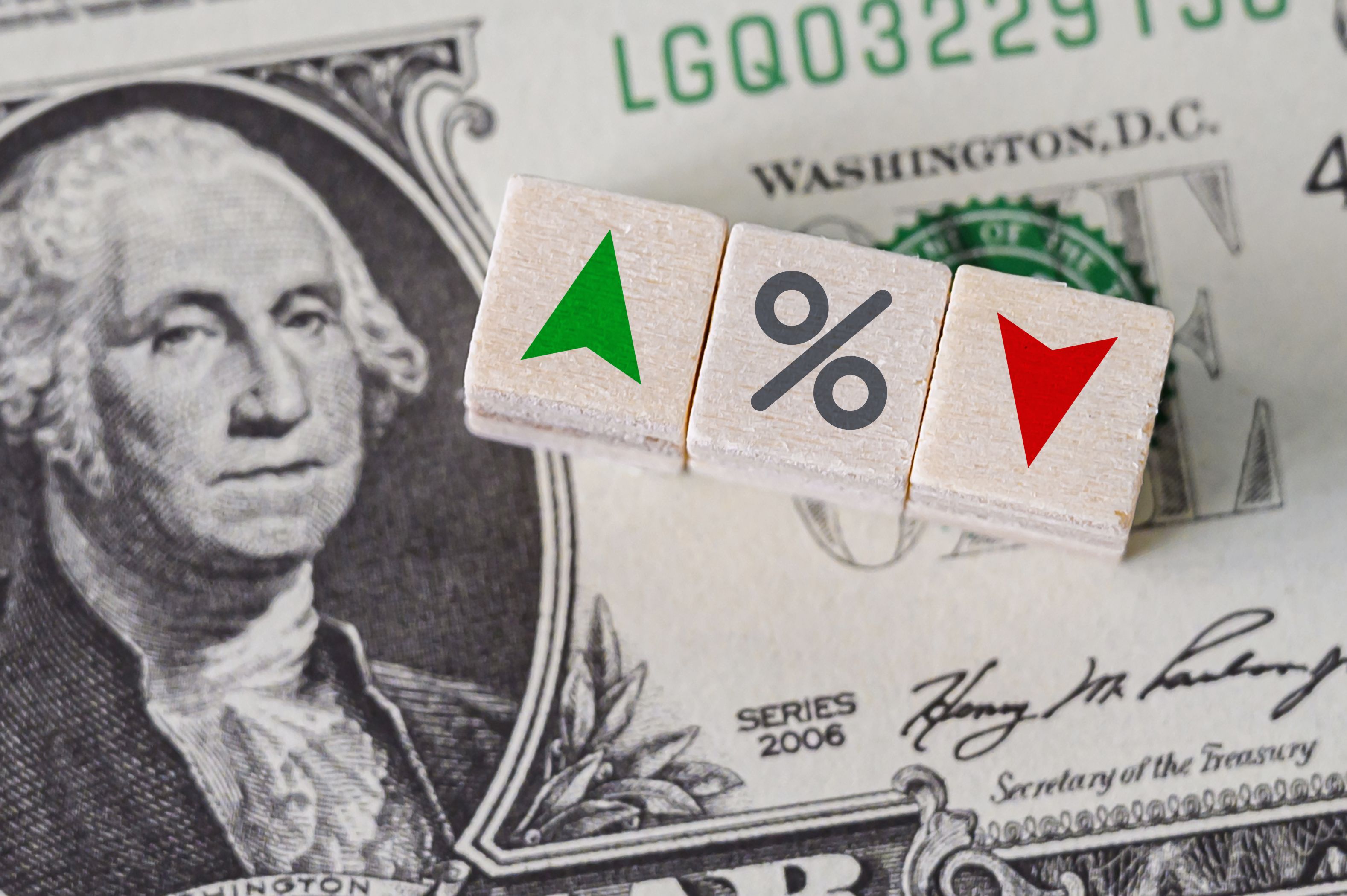Despite an anticipated slowing of global inflation between 2023 and 2024, interest rates are expected to continue rising as there is no guarantee that inflationary pressures will continue to return in the long term to pre-pandemic levels.
In fact, investors' expectations were fulfilled Wednesday (early Thursday Hong Kong time) when the US Federal Reserve announced a 25-basis-point rate hike following this year’s first meeting of its policy making body – the Federal Open Market Committee – set for January 31 and February 1. The federal funds rate rose by 0.25 percentage point to 4.5%-4.75%, the highest since October 2007.
Global inflation is forecast to fall from 8.8% in 2022 to 6.6% in 2023 and to 4.3% in 2024, according to the latest World Economic Outlook (WEO) issued by the International Monetary Fund (IMF) on January 30. However, the fund admits that this level is still above pre-pandemic (2017–19) levels of about 3.5%.
The anticipated hike is set to come in the wake of a higher-than-expected increase in Spain’s inflation rate, which rose to 5.8% in January, according to preliminary data published on January 30. This is much higher than the original figure forecast. The preliminary figure was up from 5.7% in December 2022, a 13-month low, as fuel price hikes accelerated in January.
The unexpected rise in the Spanish inflation rate may be mirrored by similar increases in other European markets, which are still reeling from rising fuel commodity prices.
“The Spanish inflation came as a punch to the Europeans’ face as it advanced to 5.8% in January, instead of falling to 4.7% as expected,” says Ipek Ozkardeskaya, market analyst for Swissquote. “French and German readings could reveal similar surprises.”
Global economic growth is projected to fall from an estimated 3.4% in 2022 to 2.9% in 2023, then rise to 3.1%, according to the IMF.
The forecast for 2023 is 0.2 percentage point higher than predicted in the October 2022 WEO but below the historical (2000–19) average of 3.8%.
The global economic slowdown comes in the wake of the continuing adverse impact of Russia’s war in Ukraine, which continue to weigh on economic activity, as well as the rapid spread of Covid-19 in China, which dampened growth in that key market in 2022.
But the recent reopening of the Chinese market has paved the way for a faster-than-expected recovery and, as a result, global inflation is predicted to fall.
The Fed is however expected to continue balancing the risk of containing inflation versus dampening economic growth.
The balance of risks remains tilted to the downside, but adverse risks have moderated since the October 2022 WEO. On the upside, a stronger boost from pent-up demand in numerous economies or a faster fall in inflation are plausible.
“Growth will remain weak by historical standards, as the fight against inflation and Russia’s war in Ukraine weigh on activity,” says Pierre-Olivier Gourinchas, director of the research department at the IMF, in a blog post echoing the report.
“On the downside, severe health outcomes in China could hold back the recovery, Russia’s war in Ukraine could escalate, and tighter global financing costs could worsen debt distress,” Gourinchas adds. “Financial markets could also suddenly reprice in response to adverse inflation news, while further geopolitical fragmentation could hamper economic progress.”
In most economies, amid the cost-of-living crisis, the priority remains achieving sustained disinflation, the IMF notes. With tighter monetary conditions and lower growth potentially affecting financial and debt stability, it seems necessary to deploy macroprudential tools and strengthen debt restructuring frameworks.








